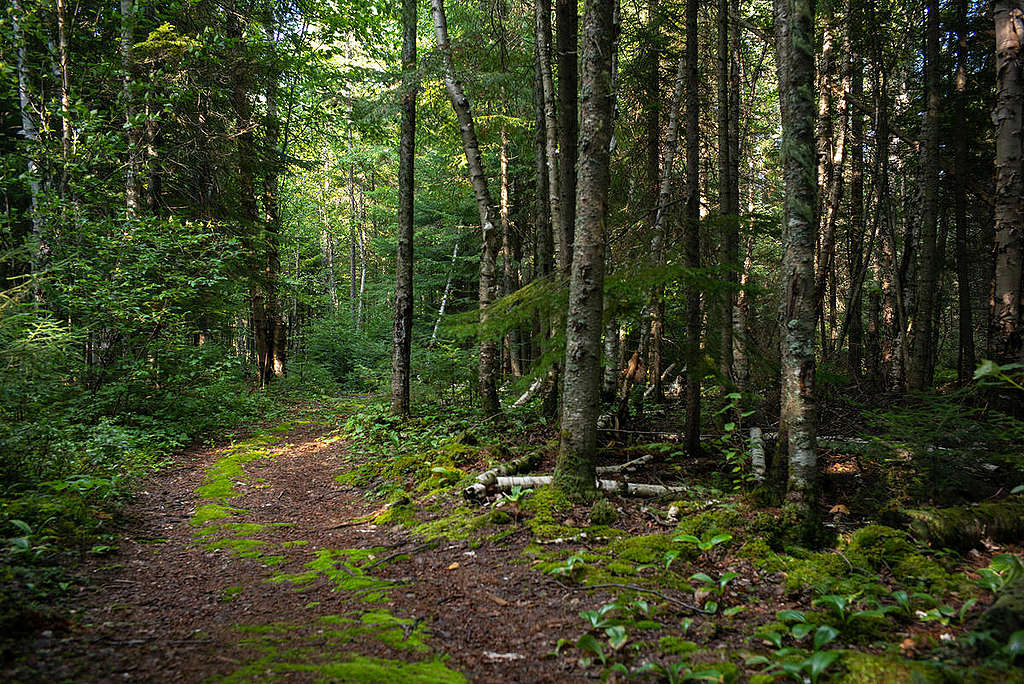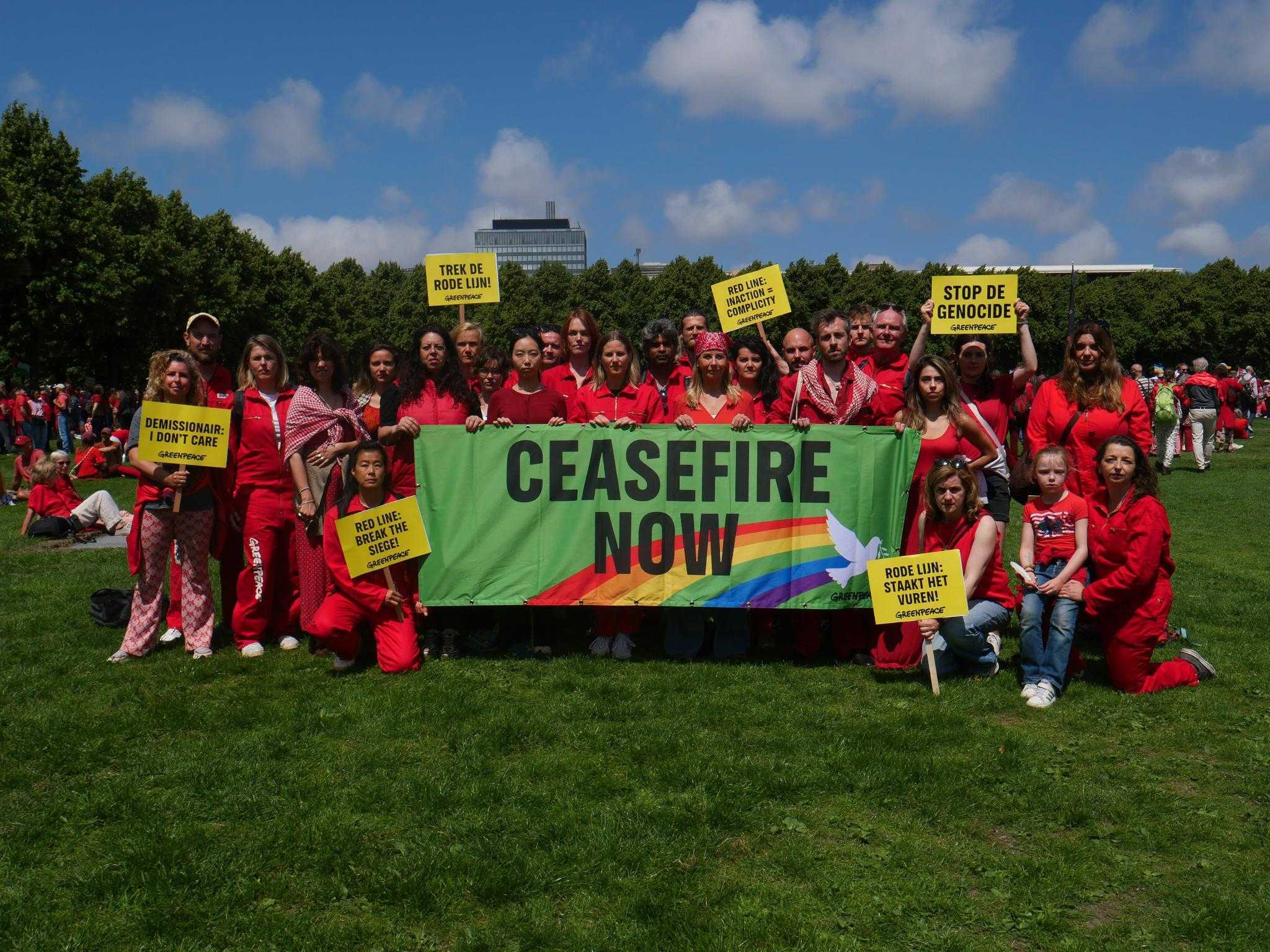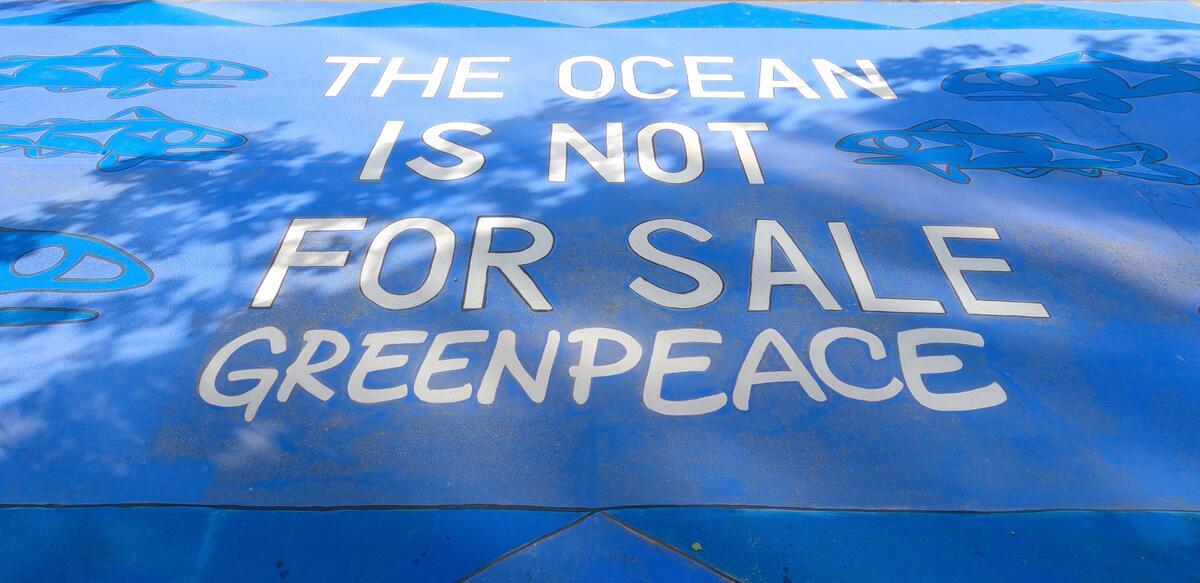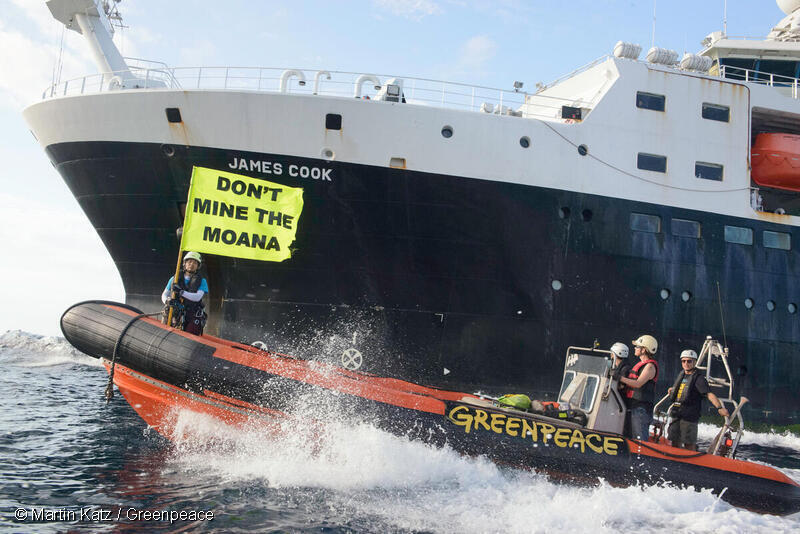This week we are kicking off a month-long series of live talks exploring the theme of decolonising Nature, restoring the land and building justice.
Through these discussions we will hear the perspectives of a number of people who have important things to say about what Nature means to them and how they have experienced it in their own lives. Our kick off point for these conversations comes back to Greenpeace’s mission – to maintain life on Earth in all its diversity.
The nature-culture connection
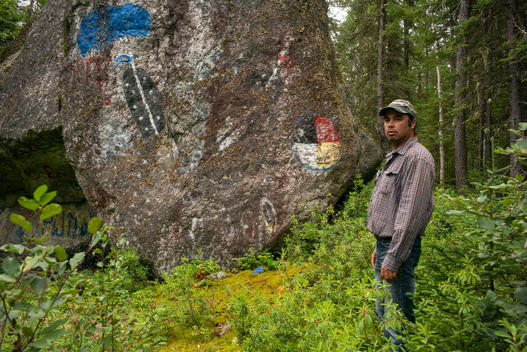
When we talk about Nature we often talk about biodiversity and wildlife. But we can forget that culture is a part of Nature too. Forests in so-called Canada, for example, are also Indigenous Cultural Landscapes whose features reflect countless millennia of human interaction.
The connections between cultural and biological diversity are extremely deep. Examples abound. The “mind blowing” overlap between Indigenous language groups on the west coast and grizzly bear DNA still amazes me. In a very different context, I think of my own experience growing up in Ireland and the inseparability of natural spaces from portal dolmens into the netherworld, ancient graves sites, carvings by the mysterious “little people” and the slow restoration of culturally significant old oak forests.
And so we have a responsibility, as settlers and treaty people on stolen Indigenous lands, to recognise the Indigeneity of the spaces that we are trying to “protect.” And that protection really means “Land Back.”
Colonialism and white supremacy in environmental culture
As environmentalists, we also have to recognise how white supremacy and colonialism in the culture around us has shaped the movements to protect Nature. Frankly, a big reason for the failures of the environmental movement is because we have been too white, too male, and too ableist.
Painfully, this led Greenpeace to campaign against seal hunting in the 1970s out of a misguided belief that this would somehow protect the oceans. We failed completely to respect the culture and knowledge of Inuit for whom hunting is in deep harmony with the environment. Despite the deeply humbling willingness of some Inuit hunters to forgive us, the reality is the harms of Greenpeace’s terrible mistake continue today.
The movement has also often failed to see the interconnectedness of social inequalities, as a result. This has limited our ability to imagine the necessary solutions to urgent environmental problems. Why is it, for example, that in major cities like Toronto, access to green spaces is divided along stark and unequal racial lines? Why don’t we all have the opportunity to explore our provincial parks? Why are depictions of the “great outdoors” so often whitewashed, perpetuating the exclusion of many?
These questions cry out for different voices, new perspectives, and other solutions. Better solutions. But also justice and a shared place in Nature, honouring that we all have a connection and right to speak for Her.
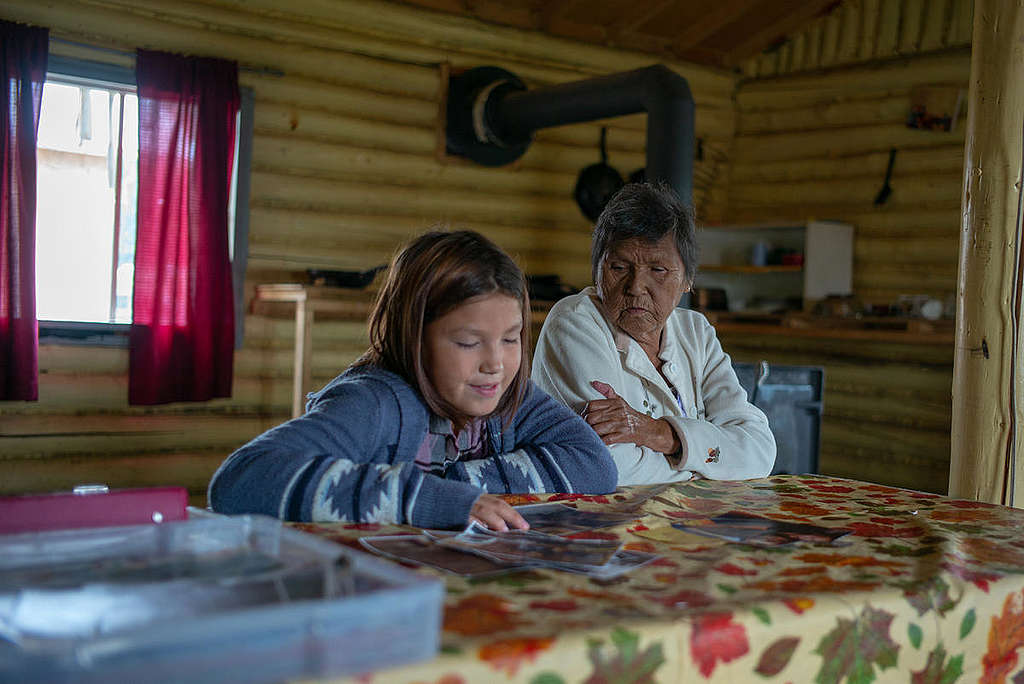
Celebrating life in all its biological and cultural diversity
Because like culture, the natural world isn’t floating around out there, separate from us. We’re not talking about far away places, but the world and people all around us.
For a long time, for many in the environmental movement, “defending nature” meant getting people out of it. We know now that is profoundly wrong and reflects a colonial mindset that separates humanity from other life on Earth and places us above it.
Yes, we need government action, less corporate control over lands and resources, and more power to communities. But if we’re really serious about protecting Nature, we also need to uplift a diversity of voices in the conversation, build respect, safety and inclusion. We need to build a radical ecological movement for justice in our culture and on the land.
That’s why we’re embarking on a journey for better Nature laws in Canada. You can join the movement and take your first step here.
We really hope you can join the conversations, so here is the schedule for the upcoming discussions! All lives will start at 8pm EDT/5pm PDT.
- Thursday, April 21st – via GPCA Instagram: Decolonization, Nature protection & Indigenous governance, with Rebecca Sinclair from Indigenous Climate Action –> recording of the live here!
- Tuesday, May 3rd – via GPCA Instagram: Belonging in the outdoors: a conversation with Karen Lai
- Tuesday, May 10th – via GPQC Instagram: A la découverte des espaces de plein air: une conversation avec Mary Soueidan
- Thursday, May 12th – via GPCA Instagram: Our relationship with Nature & experiences in the outdoors: a conversation with Demiesha Dennis, founder of Brown Girl Outdoor World
- Tuesday, May 17th – on GP Canada Facebook: Learning from Indigenous perspectives on our journey to reconnect with Nature: a conversation with Carolynne Crawley, founder of Msit No’kmaq
- And finally, Thursday, May 19th – via GPQC Instagram: L’intersectionnalité, centrale dans le mouvement environnemental, avec Lourdenie Jean, fondatrice de “L’Environnement c’est intersectionnel”
If you’d like to learn more about these issues and hear from some great speakers, you can tune in and find out more on our Instagram and Facebook pages. Happy trails.
